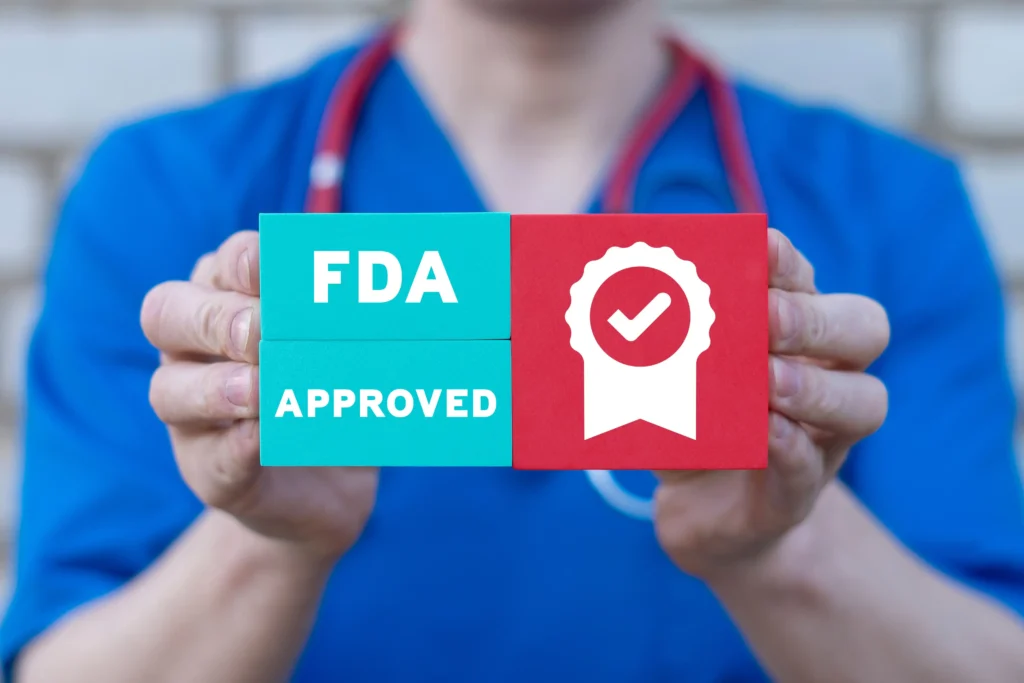December 18 brings a milestone for cell therapy in graft-versus-host disease—and a setback for Duchenne muscular dystrophy research, highlighting the regulatory tightrope in advanced therapeutics.
December 18 brings a milestone for cell therapy in graft-versus-host disease—and a setback for Duchenne muscular dystrophy research, highlighting the regulatory tightrope in advanced therapeutics.

FDA Greenlights Remestemcel-L for Steroid-Refractory GvHD
In a landmark decision, the U.S. FDA approved Mesoblast’s Remestemcel-L (branded as Ryoncil) for the treatment of steroid-refractory acute graft-versus-host disease (GvHD) in children aged two months and older. This marks the first approval of a mesenchymal stromal cell (MSC) therapy in the U.S., validating years of research into cell-based immunomodulation.
Remestemcel-L is derived from allogeneic bone marrow and works by dampening the hyperactive immune response that characterizes GvHD. The approval was based on data from a Phase 3 trial showing significant improvements in survival and symptom resolution compared to historical controls.
Dr. Peter Marks, Director of the FDA’s Center for Biologics Evaluation and Research, stated:
Mesoblast plans to launch Ryoncil in early 2025, with expanded access programs and real-world data collection to support broader use in pediatric transplant centers.
PepGen’s DMD Trial Placed on Clinical Hold
In contrast to Mesoblast’s success, PepGen announced that its investigational new drug (IND) application for PGN-EDO51—a phosphorodiamidate morpholino oligomer (PMO) therapy for Duchenne muscular dystrophy (DMD)—has been placed on clinical hold by the FDA.
The CONNECT2-EDO51 trial, a double-blind, placebo-controlled Phase 2 study, was set to begin enrollment in the U.S. following promising safety data from UK sites. However, the FDA has requested additional information before allowing U.S. activities to proceed. PepGen has not yet received the formal hold letter but expects it within 30 days.
PGN-EDO51 is designed to induce exon skipping and restore dystrophin production in patients with specific DMD mutations. The hold raises questions about delivery, toxicity, or manufacturing consistency—common hurdles in oligonucleotide therapeutics.
PepGen emphasized its commitment to resolving the issue and continuing development, noting that the UK arm of the trial remains active.
Regulatory Landscape: Balancing Innovation and Oversight
The juxtaposition of Mesoblast’s approval and PepGen’s clinical hold underscores the complexity of regulatory pathways for advanced therapeutics. While cell and gene therapies offer transformative potential, they also demand rigorous scrutiny around safety, scalability, and long-term outcomes.
In 2024 alone, the FDA approved multiple regenerative therapies while issuing holds or rejections for others—reflecting a maturing but cautious stance. The agency’s evolving frameworks for RMAT, Fast Track, and IND review are helping sponsors navigate this terrain, but setbacks remain part of the process.
Keep in touch with our news & offers